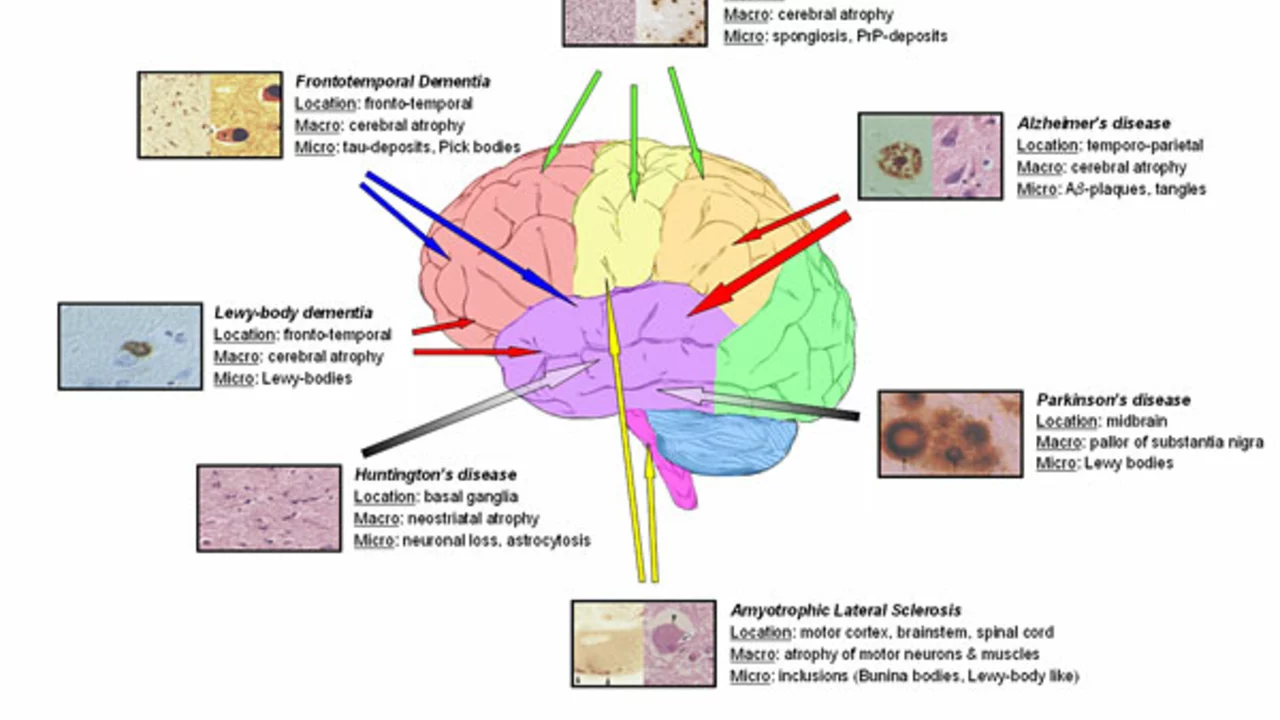Medzino Archive — July 2023: Practical Picks for Your Health
This month’s posts cover useful, real-world topics: supplements that may help your health, clear guides for women on hormone meds, new ways to fight motion sickness, teamwork against reemerging flu, and personal approaches to chronic conditions. Read these quick summaries to find the posts that matter to you and what practical steps to take next.
Supplements and nutrition you can use
Two posts stood out here. One explains dimethylglycine (DMG) — a dietary supplement linked with immune and cardiovascular support and sometimes used in neurological contexts. If you’re curious, check the original article for suggested uses and common cautions. The other looks at lecithin, a fat found in eggs, soy, and sunflower seeds that can support digestion and brain health. Practical tip: before adding DMG or concentrated lecithin supplements, try food sources first and talk with your clinician about dose and interactions.
Both posts underline a simple rule: supplements can help, but they aren’t magic. Ask: what symptom am I trying to manage, and will a supplement interact with my meds? That approach saves time and risk.
Medical treatments, research, and real-life coping
For women's health, the medroxyprogesterone guide breaks down when doctors prescribe it — from menstrual issues to hormone therapy and some cancer settings — plus what side effects people commonly report. If you’re considering it, bring the article’s checklist to your appointment: reasons for use, expected benefits, likely side effects, and monitoring steps.
On a different front, the future-of-motion-sickness piece highlights wearable tech, virtual reality training, and non-drowsy meds as practical directions. If travel nausea limits you, try short trials: a VR desensitization session, a tested non-drowsy medication recommended by your clinician, or a simple wearable that gives gentle stimulation to reduce symptoms.
The piece on reemerging influenza makes one clear point: beating big outbreaks needs teamwork across medicine, biology, public health, and social sciences. That means vaccine development, fast diagnostics, effective communication, and social measures all working together. For readers, the takeaway is simple — trust sources that combine science and public-health planning, and get seasonal vaccines when offered.
The archive also includes a thoughtful article about herpes and spirituality. It isn’t medical advice — it’s about coping: reducing stigma, finding self-acceptance, and using community or faith to build resilience. If stigma affects your mental health, seek a support group or counselor who understands chronic infections.
Finally, a technical but useful post connects central cranial diabetes insipidus and thyroid disorders. Clinicians should watch for overlapping signs; patients with one condition might ask about testing for the other. That simple question can speed diagnosis and treatment adjustments.
Want next steps? Pick one post that matches your concern, read it fully, and jot down two questions to ask your healthcare provider. Small, focused actions move health forward faster than trying to fix everything at once.

The Surprising Benefits of Dimethylglycine: A Dietary Supplement You Need to Know About
Hey folks, who knew that dimethylglycine (DMG for short, because, well, that's a mouthful!) was such a hidden gem in the dietary supplement world? This baby has a surprising amount of benefits, and I'm not just talking about its ability to make you feel like a Scrabble champion! This wonder supplement is a real all-rounder, boosting your immune system, enhancing your cardiovascular health, and even helping with autism and neurological disorders - talk about multitasking! DMG is like that friend who always goes the extra mile for you - except it's a supplement, and it won't steal your pizza. So, next time you're supplement shopping, give DMG a shot, it could be the best thing since sliced bread, or at least since multivitamins!

Medroxyprogesterone: A Comprehensive Guide for Women
In my latest blog post, I delve into the world of medroxyprogesterone, providing a comprehensive guide for all women out there. This synthetic form of progesterone is often prescribed for a variety of women's health issues, including menstrual problems, endometriosis, and in some cases, cancer. I discuss its uses, side effects, and precautions, ensuring you understand what to expect when taking it. I also shed light on its role in hormone replacement therapy and contraception. This is a must-read for any woman considering or already on medroxyprogesterone treatment.

The future of motion sickness treatment: What's on the horizon?
In my recent exploration of the future of motion sickness treatments, it's clear that some exciting advancements are on the horizon. Scientists are developing new ways to prevent and treat this nausea-inducing condition that affects many of us during car rides, flights, and sea voyages. Breakthroughs in technology are pushing the boundaries of current treatments, with wearable tech and virtual reality being used to retrain our brains and balance systems. Additionally, researchers are looking into new types of medications that can provide relief without drowsiness. The future of motion sickness treatment definitely looks promising and I can't wait to see what's next!

The importance of cross-disciplinary collaboration in addressing reemerging influenza
In dealing with reemerging influenza, cross-disciplinary collaboration is crucial. It allows for a comprehensive approach by incorporating insights from various fields such as medicine, biology, epidemiology, and social sciences. This collaboration leads to more effective solutions by blending different perspectives and expertise. Additionally, it fosters innovation and accelerates the response time to outbreaks. Thus, to combat reemerging influenza effectively, it's vital we embrace the value of cross-disciplinary teamwork.

Lecithin: The Secret Ingredient Your Diet Has Been Missing
I just discovered that Lecithin, a naturally occurring fat, might be the secret weapon our diets have been lacking. It's found in foods like eggs, soybeans, and sunflower seeds and is packed with health benefits. Not only does it aid in digestion, but it also helps in maintaining a healthy heart and brain. It's time we all start incorporating more Lecithin-rich foods into our meals. Who knew this underrated ingredient could be so vital to our wellbeing?

Lecithin: The Secret Ingredient Your Diet Has Been Missing
In my latest blog post, I delve into the wonders of lecithin, a lesser-known but powerful dietary ingredient. I discovered how lecithin, a type of fat that's crucial for cell function, can be a game-changer for our health. It's been linked to improving digestion, heart health, and even brain functioning. The best part? It's found in many common foods like eggs, soy, and sunflower seeds. So, spice up your diet and give your health a boost by introducing lecithin into your meals.

Herpes and Spirituality: Finding Peace and Purpose Amidst the Struggle
In my latest blog post, I explore the profound link between herpes and spirituality, stressing how it's possible to find peace and purpose amidst the struggle. I delve into how spirituality can be a powerful tool in coping with the stigma and emotional turmoil associated with the disease. I discuss ways to cultivate self-love and forgiveness, which can lead to acceptance and inner peace. Additionally, I share personal stories of individuals who have found purpose in their struggle, using it as a stepping stone to help others in similar situations. In essence, the post underscores the transformative power of spirituality in navigating life with herpes.

The Connection Between Central Cranial Diabetes Insipidus and Thyroid Disorders
In my recent deep dive into medical research, I discovered a fascinating link between Central Cranial Diabetes Insipidus and thyroid disorders. It seems that these two conditions can often occur together, though the exact reason behind their connection remains unclear. This coexistence can complicate the diagnosis and treatment of both conditions. It's crucial for healthcare professionals to be aware of this connection to manage both disorders effectively. So, for those grappling with either condition, it may be worth discussing this potential link with your healthcare provider.
